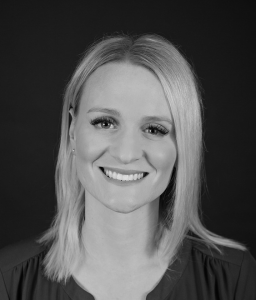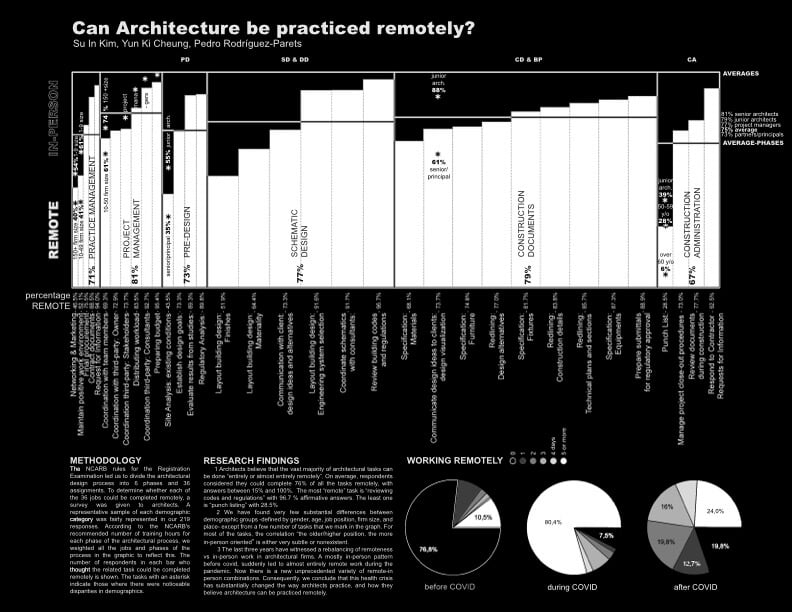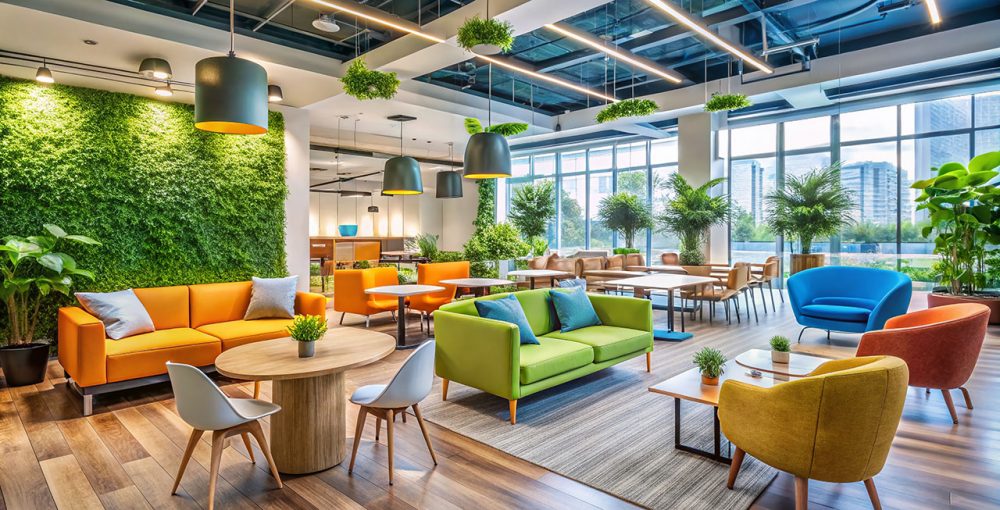Insights on the Future Workplace – what we know (and don’t) – from instructor’s experiences at WeWork, Harvard GSD, and Beyond.
Since 2022, Harvard Graduate School of Design has annually offered a workplace design program for professionals that has attempted to help participants answer the question,
How will we redesign our workplace and the way we work in a post-pandemic work environment?
Recognizing that there are countless books, podcasts, videos, articles, etc., professing to know what the workplace of the future will look like, we believe that no one knows. Instead of a fixed mindset of what that looks like, we need a process to test, learn, truly fail fast and iterate our workplaces to adapt to the needs of the moment. One size does not fit all, and to have the best workplace, you need to constantly assess utilization, leverage data, and be willing to experiment.
Work Design has a special sneak peak into this summer’s program: Redesigning Work & Workplace: Space, Technology, and Culture. Meet experts, Jacob Reidel and Carly Tortorelli and their experiences researching, teaching, and building workplaces.
Meet the Experts

Jacob Reidel, Assistant Professor in Practice of Architecture at GSD, is an architect, editor, and writer whose work examines architectural practice and seeks to redesign the way architecture is practiced today. Throughout his career Jacob has tested the ways in which designers can shape space, experience, and community by embracing roles and responsibilities outside the traditionally-defined role of the architect. Before joining GSD, he was a Senior Director at Saltmine, a technology startup creating a platform of programming, design, and space management tools that are transforming the way clients and designers leverage data and collaborate with one another.
 Carly Tortorelli is the Intuitive Surgical IT team’s Director, Workplace Technologies supporting the Facilities & Real Estate organization. In her role she leads the technology transformation and harmonization efforts across the facilities and real estate business, supporting capabilities including space strategy planning, construction management, facilities management, real estate portfolio management, workplace employee engagement, and environmental health and safety. Her initial focus will be evaluating technology transformation opportunities to support Intuitive’s growing business needs; laying the foundation to help Intuitive make long term, informed business decisions. She is an active participant in the IT long range planning process to shape the technology roadmap for this area.
Carly Tortorelli is the Intuitive Surgical IT team’s Director, Workplace Technologies supporting the Facilities & Real Estate organization. In her role she leads the technology transformation and harmonization efforts across the facilities and real estate business, supporting capabilities including space strategy planning, construction management, facilities management, real estate portfolio management, workplace employee engagement, and environmental health and safety. Her initial focus will be evaluating technology transformation opportunities to support Intuitive’s growing business needs; laying the foundation to help Intuitive make long term, informed business decisions. She is an active participant in the IT long range planning process to shape the technology roadmap for this area.
WeWork Insight: Data is Crucial
Jacob Reidel, one of the instructors for our program, was formerly a Senior Director at WeWork. He was a leader within the multidisciplinary team responsible for Design, Build, and Operate services tailored to the company’s Enterprise clients.
He has shared that one of the biggest takeaways from his time at WeWork was how they could make decisions based on the data they gathered. Through having help staff directly interfacing with clients daily and technology monitoring space utilization, they were able to improve their workplace offering at a much faster rate than the typical owner/occupier would. He attributes much of the success that WeWork experienced in the pre-pandemic period to this more rapid feedback loop enabled by better data collection.
Harvard GSD Research on Architecture Firms: Remote Work is Here to Stay

In 2022, Jacob Reidel, GSD Assistant Professor of Practice, and his students, recognizing that architecture had been a primarily in-person practice pre-pandemic, conducted a wide-ranging survey of architecture firms under the banner of to “understand how architects have designed new ways of practicing in direct response to crises ranging from economic collapse to structural racism to natural disaster to global pandemic.”
Hundreds of architects responded, ranging from 117 firms in 159 cities/states. In addition to confirming their belief in architecture practice and remote work pre and post-pandemic, the research found that:
- Architects believe that the vast majority of architectural tasks can be done “entirely or almost entirely remotely”
- There were very few substantial differences between demographic groups on this question.
- The pandemic has substantially changed the way architects practice architecture and how they believe it can be practiced remotely.
Not Enough Conference Rooms in Your Workplace? Technology Can Help
In a past role, Carly Tortorelli, workplace technology expert, was responsible for many existing clients and an in-house and outsourced technology team.
One client was a large global company with steady growth projected in 2020-2025. Pre-pandemic, they were entirely in-person at all locations, but by 2024, they required team members to be in the office three to five days a week. Given their plans to double square footage, they wanted to understand how to build out their new space to meet employee needs. Like many clients, they would need to design the spaces before having their full teams back in the office.

The main problem the workplace team heard was that there were never enough conference rooms available. When leveraging meeting and workplace management reservation data, they discovered the problem was not the number of conference rooms but rather the types – the single-occupant conference rooms were being highly utilized, while larger rooms were underutilized. One of the key considerations was the level of AV technology required in the differently sized rooms.
Based on the data, the company realized that, when building out their new space, more AV-less, phone booth–type conference rooms would be more effective than larger spaces.
Join Us This Summer at Harvard
Join architect, Jacob Reidel, and technologist, Carly Tortorelli, this July 31-August 1 for Redesigning Work & Workplace: Space, Technology, and Culture, an on-campus program to help architects, designers, workplace professionals, and people experts design their workplace for 2025 and beyond. Participants will emerge fortified by the unique experiences of these instructors and their fellow professionals, which are shared freely in the classroom discussion.
Interested in Applying?
Click HERE to learn more about Redesigning Work & Workplace: Space, Technology, and Culture.
Article made in collaboration with Harvard Graduate School of Design.




